Feeding your Collie properly is crucial for their health and happiness. These active dogs need a balanced diet that fuels their energy without leading to weight gain. Understanding the caloric content of their food and their individual needs is key. Let’s look into how to measure the right amounts and the factors that affect the dietary requirements of a Collie.
1. Evaluating Your Collie’s Nutritional Needs
Collies usually weigh between 50 to 75 pounds, with their energy levels varying according to their age and activity. A working Collie will have higher caloric needs compared to a companion dog. It’s important to tailor their diet to these factors to avoid underfeeding or overfeeding.
2. Caloric Requirements for Collies
A typical adult Collie needs about 1,400 to 2,200 calories per day. Active Collies might need more calories, especially if they participate in herding or agility activities, while older dogs or less active individuals might need fewer calories.
3. Determining the Right Amount of Food
The right amount of food for a Collie generally ranges from 2 to 3 cups of high-quality dry dog food per day, divided into two meals. This will vary with the food’s calorie content, and it’s important to read the feeding guidelines on your dog food’s label as a starting point.
4. Feeding Puppies Versus Adult Collies
Collie puppies require more nutrients and calories for their growth and development compared to adults. They should be fed a puppy formula three to four times a day, gradually transitioning to adult dog food and two daily meals as they mature.
5. Adjusting Food Intake for Your Collie’s Lifestyle
Monitor your Collie’s weight and body condition regularly and adjust their food intake as needed. Collies that are more sedentary may need less food, while those that are highly active will need more. Always consult with your vet to determine the best portion sizes for your dog’s lifestyle.
6. The Role of Treats in Your Collie’s Diet
Treats should not make up more than 10% of a Collie’s daily caloric intake. Choose healthy treats and consider their calorie content as part of the overall daily food intake, especially during training.
7. Monthly Feeding Costs for a Collie
The monthly cost of feeding a Collie can range from $30 to $80, depending on the type of food (e.g., premium brand, organic, special dietary needs) and how much your Collie eats. Higher activity levels or specific health issues can increase these costs.
Our 5 Top Foods for Collies
The diets were selected by our founder Justin Palmer, a certified canine nutrition expert, specifically with Collies in mind:
Conclusion
A balanced diet is essential for your Collie’s health. Pay attention to their individual needs, lifestyle, and the nutritional value of their food. Regular veterinary check-ups and careful observation of your dog’s condition will help ensure they remain healthy and well-fed. Adjust their diet as needed and enjoy the benefits of a happy, healthy Collie.
Frequently Asked Questions About Feeding a Collie
1. What type of food is best for Collie’s health?
The optimal food for a Collie should be rich in proteins and fats to support their active lifestyle, with a balance of carbohydrates, vitamins, and minerals. Look for high-quality dog foods that list real meat as the first ingredient and avoid those with excessive fillers. It’s also beneficial to choose a formula designed for their specific life stage.
2. How often should I feed my adult Collie?
Adult Collies typically do well with two meals a day. This schedule helps prevent bloating and maintains their energy levels throughout the day. Puppies, however, will need more frequent feedings, usually three to four times a day.
3. Are there any specific ingredients I should avoid in Collie food?
Avoid foods with artificial preservatives, colors, and flavors, as well as high-grain content like corn or wheat which can lead to allergies. It’s also important to steer clear of chocolate, caffeine, grapes, raisins, onions, and garlic, as these can be toxic to Collies.
4. Can Collies have a raw food diet?
Collies can have a raw food diet, but it must be carefully planned to ensure they receive all necessary nutrients. If you’re considering raw feeding, it’s important to do thorough research and possibly consult with a veterinarian or a canine nutritionist to ensure the diet is balanced.
5. How much water should my Collie drink?
Collies need consistent access to clean, fresh water. They typically require about an ounce of water per pound of body weight per day, but this can increase with exercise and heat. Always monitor your Collie’s water intake to ensure they’re properly hydrated.
6. What should I do if my Collie is a picky eater?
For a picky Collie, try mixing wet food with dry kibble, warming the food to enhance its smell, or adding a bit of low-sodium chicken broth. However, make sure that any changes to their diet are introduced gradually to avoid upsetting their stomach.
7. How can I prevent my Collie from becoming overweight?
Prevent your Collie from becoming overweight by measuring their food portions, not overfeeding treats, and maintaining a consistent exercise routine. Regular check-ups with a veterinarian can also help monitor their weight and adjust their diet as needed.
8. Should I feed my Collie dietary supplements?
Dietary supplements for Collies should only be administered if recommended by a vet, as an incorrect dosage or unnecessary supplementation can lead to health issues. If your Collie has a specific health concern, your veterinarian might suggest a particular supplement.
9. What human foods are safe for Collies?
Some safe human foods for Collies include plain, cooked chicken, turkey, lean beef, carrots, green beans, and apples (without seeds). These should only be given in moderation and should not replace their regular, balanced diet.
10. Is it okay to change my Collie’s diet as they age?
Yes, it’s important to adjust your Collie’s diet as they age. Puppies require food high in calories and nutrients for growth, adults need balanced maintenance food, and seniors may need lower-calorie food to prevent weight gain. Always transition to new foods gradually to prevent digestive upset.
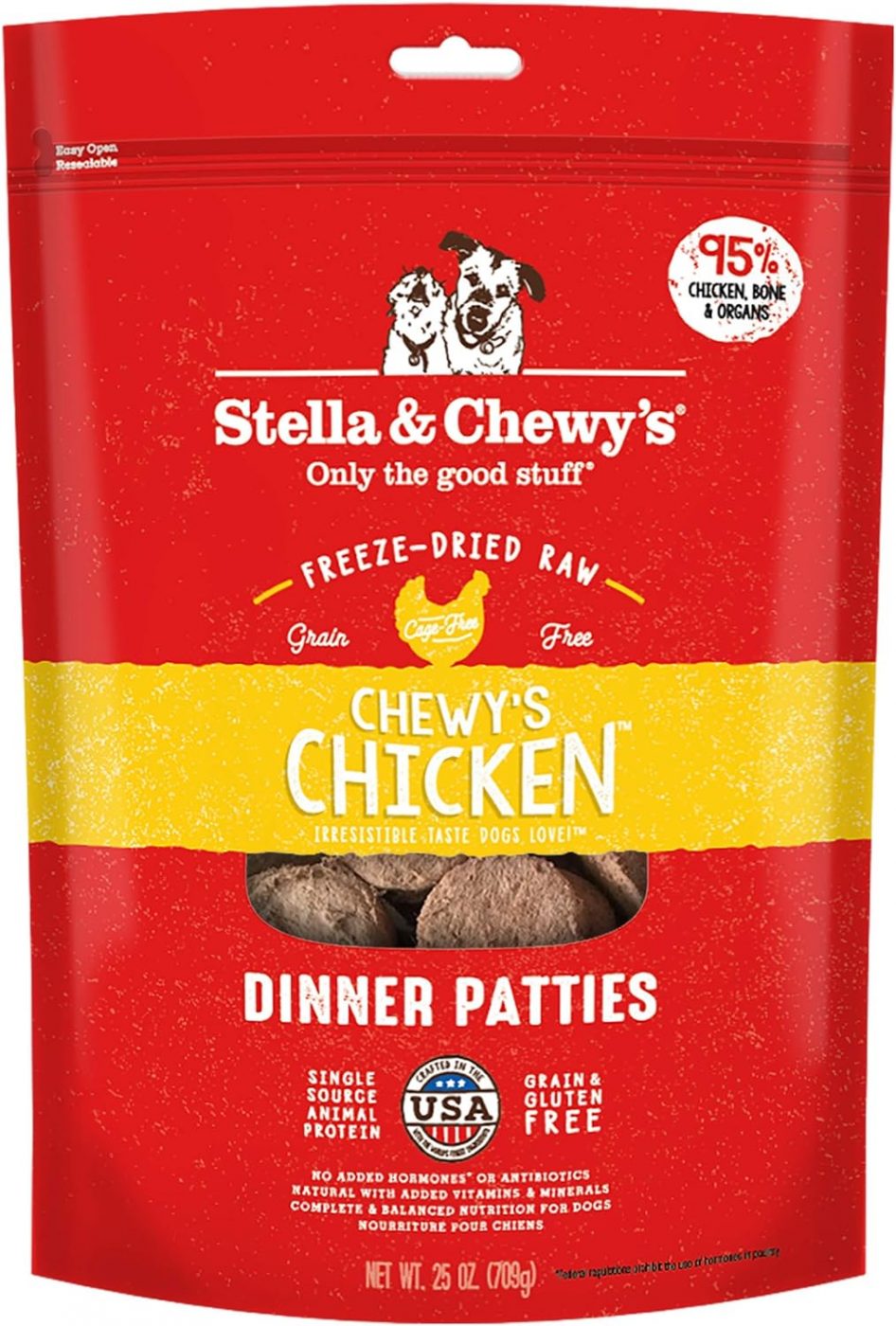
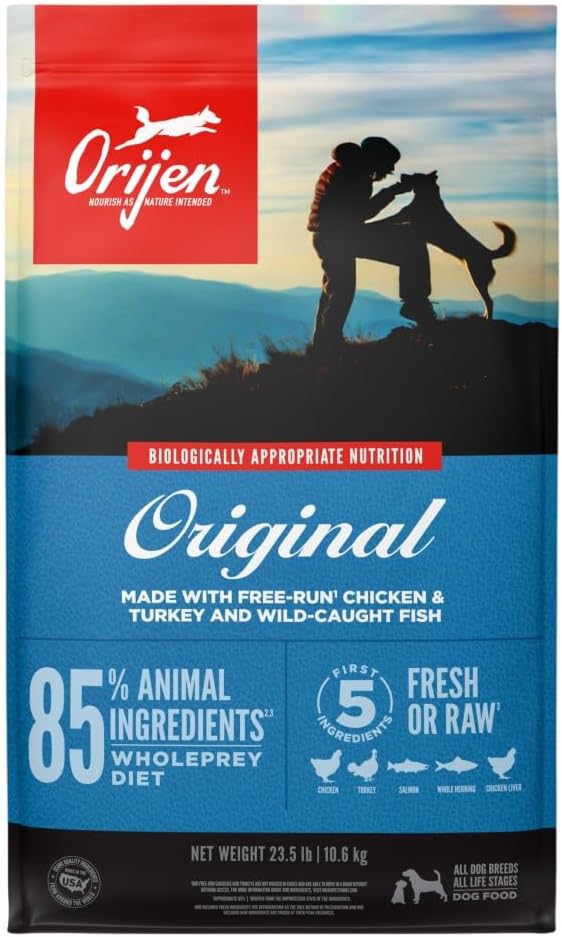
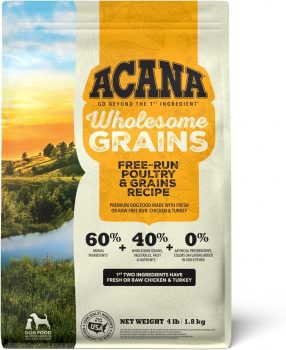
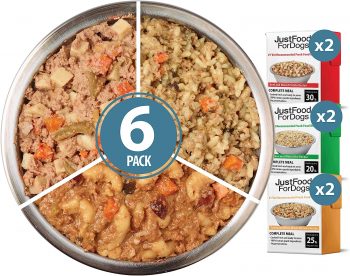
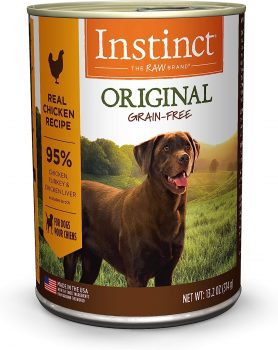
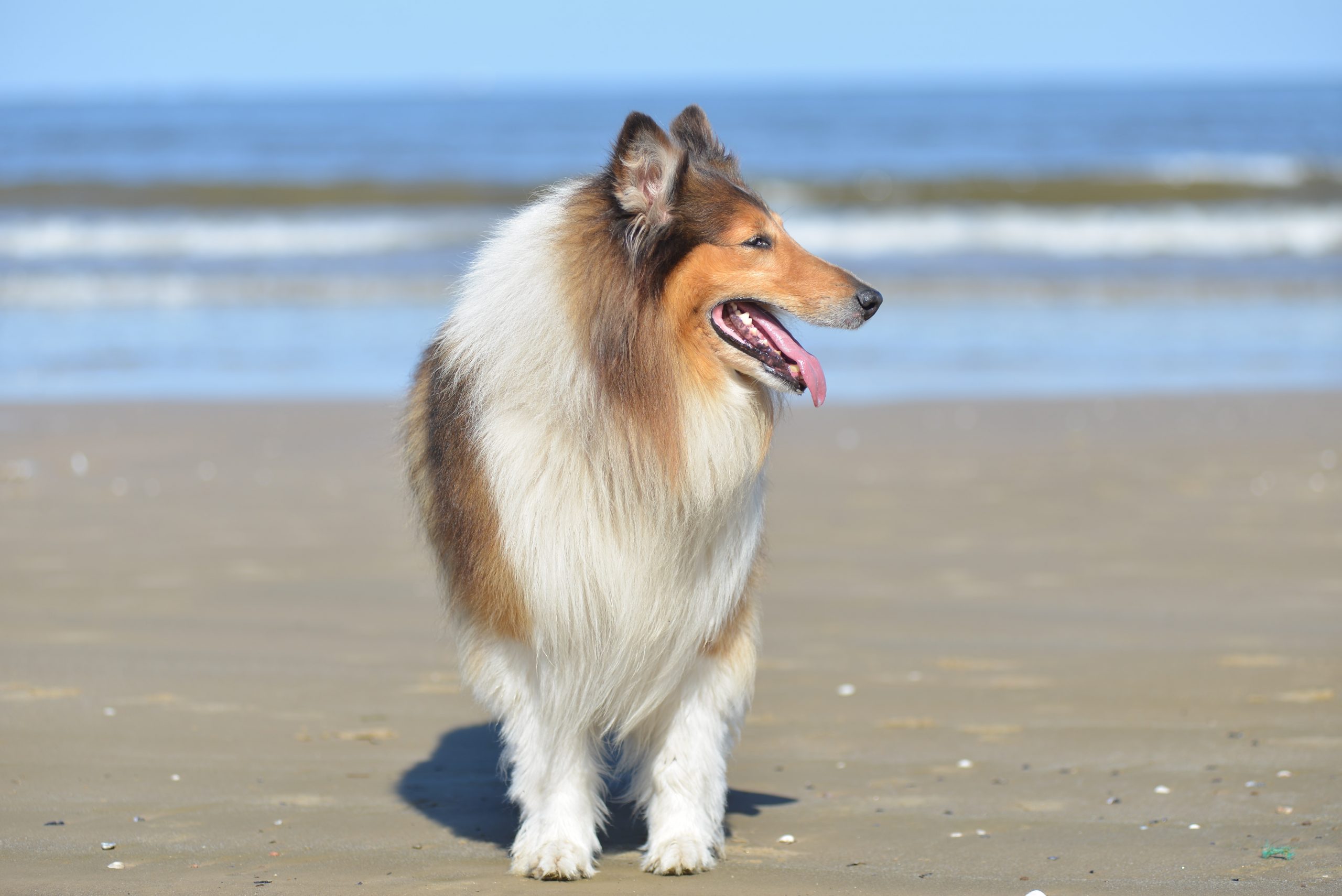
 Toledo, United States.
Toledo, United States.